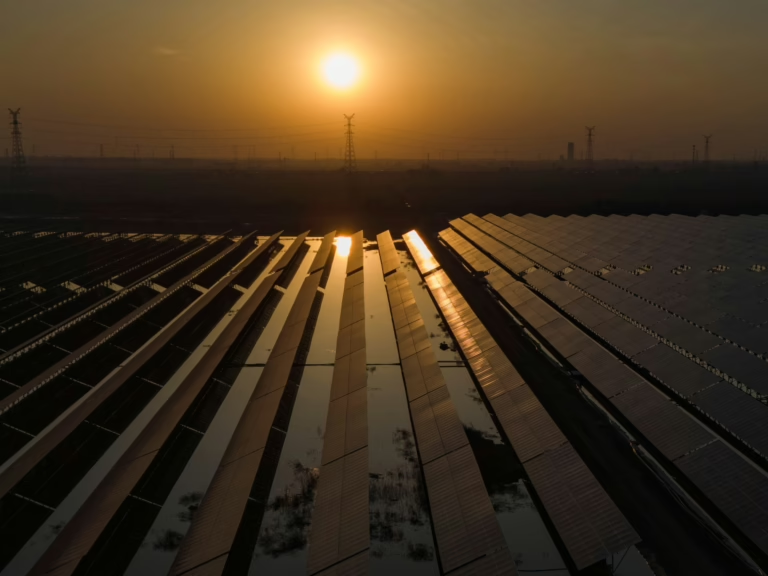Reduced support leads to a revised projection of renewable energy capacity reaching no more than 4,600GW by 2030, a decrease of 900GW compared to the 2024 forecast.
The International Energy Agency (IEA) has adjusted its renewable energy growth forecast downward through 2030, primarily due to less optimistic developments in the United States and China.
According to the agency’s latest report released on October 7, 2025, the anticipated global renewable capacity is now expected to hit 4,600 gigawatts (GW) by 2030, a significant drop from last year’s estimate of 5,500GW.
This revision indicates that the ambitious global goal of tripling renewable energy usage by 2030 to address climate change is unlikely to be achieved.
A major factor behind this downward adjustment is the premature termination of federal tax incentives for renewable energy projects in the US, as outlined in President Donald Trump’s “One Big Beautiful Bill.”
In China, the government’s transition from fixed electricity prices for renewable projects to competitive auction systems, which limit profit margins, has also contributed to the dampened outlook, the IEA noted.
Positive Developments Amid Challenges
Despite setbacks in the US and China, the IEA highlighted encouraging progress in other regions. India, for instance, is on course to fulfill its 2030 renewable energy targets and is poised to become the world’s second-largest market for renewable capacity expansion, with an expected 2.5-fold increase within five years.
The forecast for renewable energy growth in the Middle East and North Africa was also upgraded by 25%, alongside improved projections for countries such as Germany, Italy, Poland, and Spain.
Solar energy continues to dominate the renewable sector’s expansion, accounting for approximately 80% of global renewable capacity growth over the past five years, according to the IEA. Wind, hydropower, biomass, and geothermal energy follow behind in contribution.
However, the outlook for offshore wind has been downgraded due to policy shifts in key nations, notably the US, where some ongoing projects have faced suspension.
The IEA emphasized the strategic importance of expanding renewable energy capacity amid current geopolitical tensions, underscoring its role in enhancing both energy independence and economic stability.
“The increased deployment of renewables has already substantially lowered fuel import demands in numerous countries, thereby strengthening energy diversification and security,” the agency stated.


















